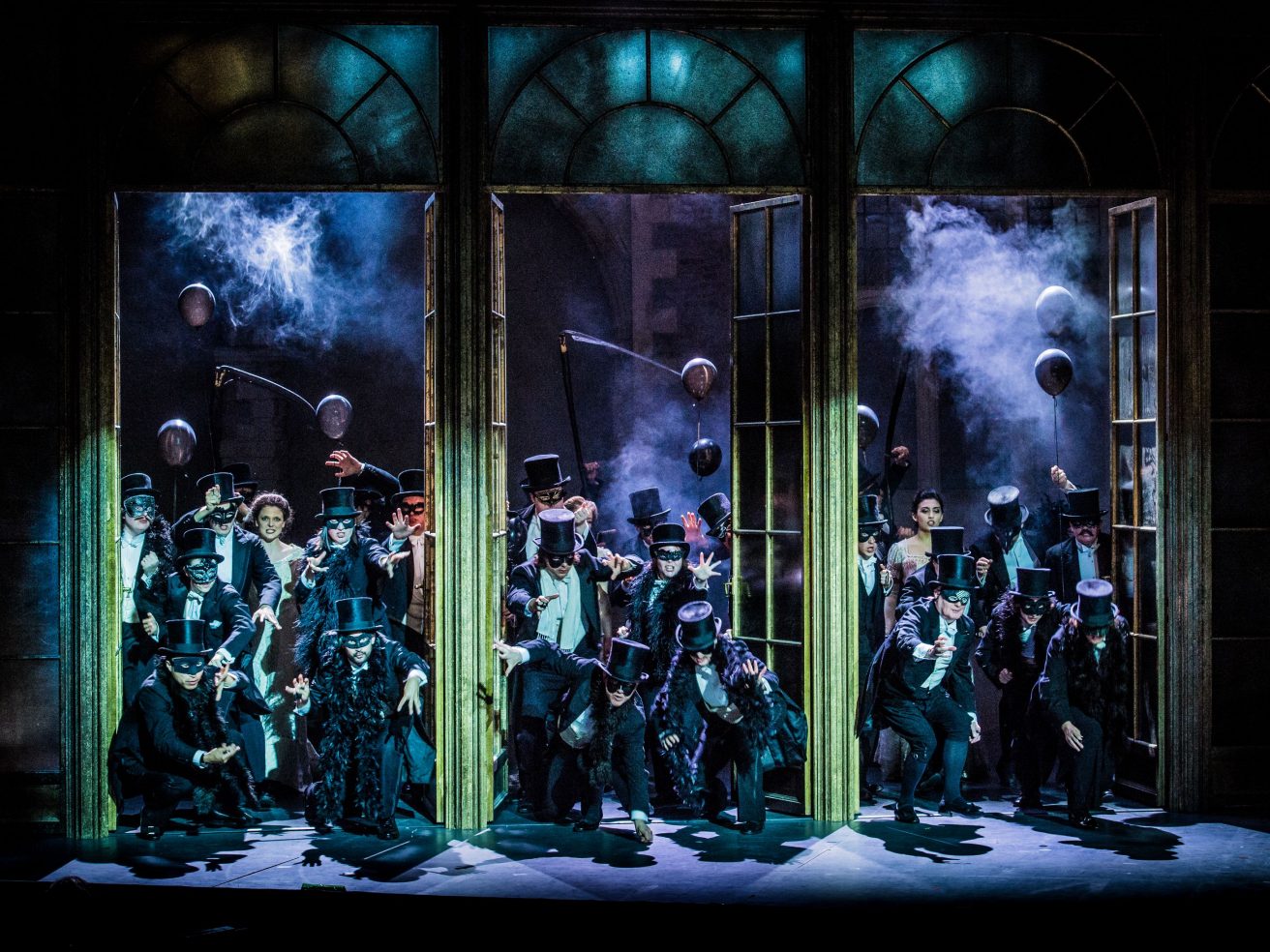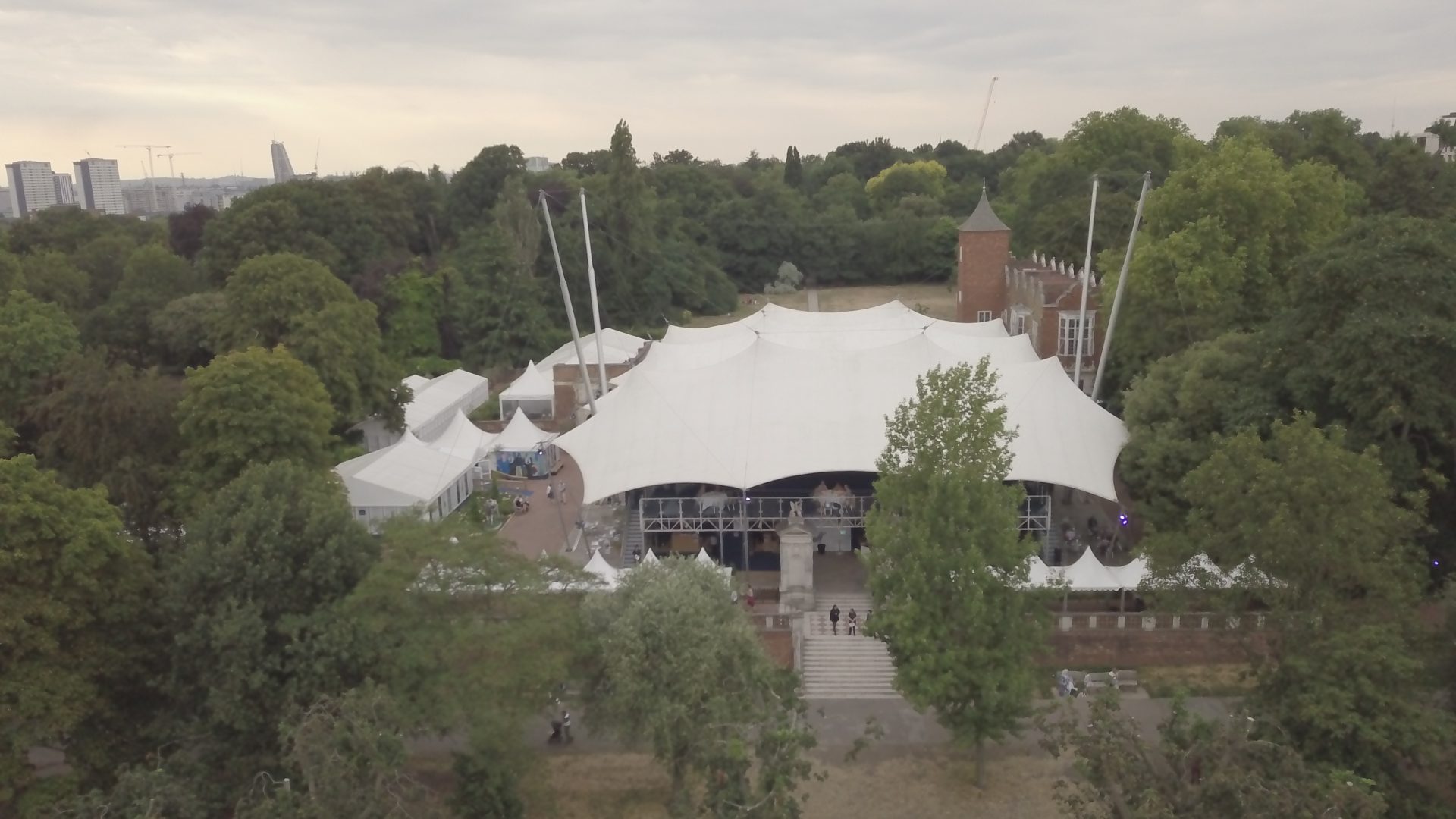Meet the emerging artists who will be presenting our 2023 Young Artists production of Hansel and Gretel this year. This year Charlotte is the Conductor of the Young Artist production.
What aspect of your role are you most excited to tackle?
I think for me, the prospect of approaching a score of this scale in its entirety is something hugely exciting – and daunting too, but in all the best ways! Quite often you work with specific scenes or excerpts, especially in training, so the chance to spend time exploring a full operatic score in such detail is like gold dust at this stage. It’ll be lovely to get deep into all Humperdinck’s various colours and nuances, and to really work on developing them throughout the rehearsal process, and the performances themselves. I’m really looking forward to working in German too, something I haven’t done all that often.
How would you describe your conducting style?
Gosh, that’s a tricky one! My training at the Royal Academy of Music has centred upon a very Russian style of conducting, spearheaded by the likes of Ilya Musin, who incidentally trained my own teacher, Sian Edwards. I’m not sure whether he actually ever said it, but Musin is sometimes quoted with saying something along the lines of “I don’t teach my pupils to interpret this or that symphony, but I merely use it as a means through which to teach my pupils how to communicate their own musical thought”. I rather like that. I believe technique is something that should enhance a conductor’s ability to facilitate a story, and I try to keep that at the heart of how I conduct. Ultimately though, you adapt your style to whatever or whoever is in front of you.
What do you think is special about conducting opera, in comparison to other art forms such as choral music and musical theatre?
I think they’re each special in their own way. I work a lot in Musical Theatre, and so often I’m asked to differentiate between the two art forms. By all means, they have their differences – but actually from a Conductor/MD perspective, there’s far more that unites them. At their very core, both jobs boil down to the same thing; encouraging the very best from a score, and from those delivering it onstage/in the pit. Opera tends to bring with it the treat of working with a much larger orchestra, whereas in the world of Musical Theatre, technology and sound design often play into the role to a far greater extent. Both, however, have introduced me to some wonderfully varied and talented colleagues who are extremely dedicated to their art – so it’s always a joy to conduct for them either on the stick, or from behind the keys.
Who is your musical role model and why?
They change actually, I’m lucky to have lots of role models in my life. Right now, I’m particularly inspired by the children I work with at the Junior Royal Academy of Music. They have the best attitudes and the most open minds when it comes to learning and developing their skill sets. I think there’s a real fearlessness in children of that age, and I try to remind myself of it when I’m being safe, cautious or overly nervous of getting things wrong in my work. The ability to give something a go, even if it might go wrong hugely impresses me.
What’s one piece of advice you’ve been given as an artist that has stayed with you?
Always take time to say “Good Morning” and “Good Afternoon” properly. Always – no matter how keen you might be to get things started promptly. Remember that everyone in front of you has had their own journey into work, and might very well be carrying all sorts on their shoulders. Never take anyone’s time for granted.
Hansel and Gretel are sent into the woods for an adventure into the unknown – what is the best adventure you have been on?
Definitely not my best adventure but perhaps not dissimilar to Hansel and Gretel – I remember being given the map during my Year 10 Duke of Edinburgh expedition. Bad idea. We accidentally trespassed onto a private cider apple farm somewhere in Somerset and all chaos ensued. Proper Lord of the Flies stuff. I’ve stuck to navigating scores ever since.


